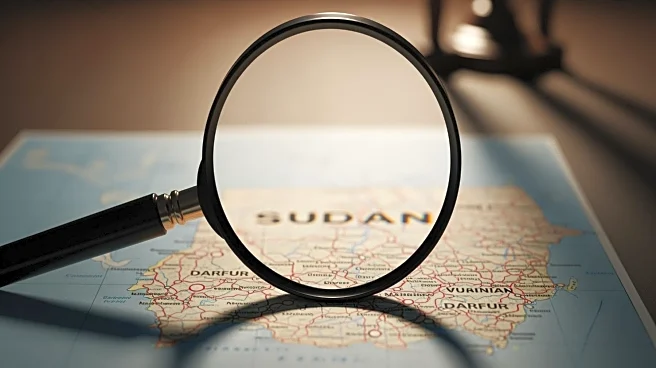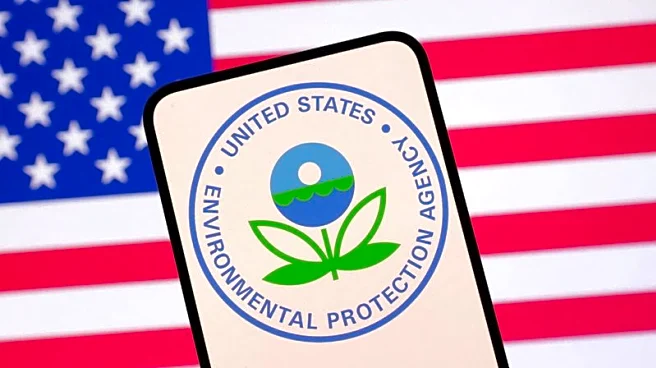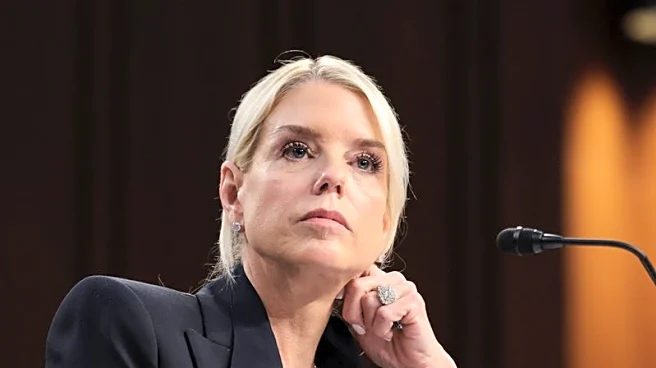What's Happening?
The International Criminal Court (ICC) is actively working to preserve evidence of potential war crimes in Sudan's Darfur region. This action follows reports of a paramilitary force, the Rapid Support
Forces (RSF), seizing the city of El-Fasher and allegedly committing atrocities, including the killing of hundreds of civilians. The ICC's prosecutor's office has stated that immediate steps are being taken to collect relevant evidence for future prosecutions. The RSF's capture of El-Fasher marks a significant development in the ongoing conflict between the RSF and Sudanese government forces, which has been characterized by widespread violence and human rights abuses.
Why It's Important?
The ICC's intervention is crucial in addressing the alleged war crimes and crimes against humanity occurring in Darfur. The preservation of evidence is a vital step in holding perpetrators accountable and delivering justice to victims. This development underscores the international community's role in monitoring and responding to human rights violations. The situation in Darfur has broader implications for regional stability and international relations, as it highlights the challenges of enforcing international law in conflict zones. The ICC's actions may also influence future diplomatic and humanitarian efforts in Sudan.
What's Next?
The ICC is expected to continue its investigation into the alleged crimes in Darfur, with the potential for future prosecutions. The international community, including the United Nations, may increase pressure on Sudanese authorities to cooperate with the ICC and address the ongoing violence. Humanitarian organizations are likely to intensify their efforts to provide aid and support to affected populations in Darfur. The situation may also prompt discussions on strengthening international mechanisms for preventing and responding to war crimes.
Beyond the Headlines
The ICC's actions in Darfur highlight the complexities of international justice and the challenges of prosecuting war crimes. The situation raises ethical questions about the responsibility of the international community to intervene in sovereign nations to prevent human rights abuses. It also underscores the need for effective mechanisms to protect civilians in conflict zones and ensure accountability for perpetrators of violence.










